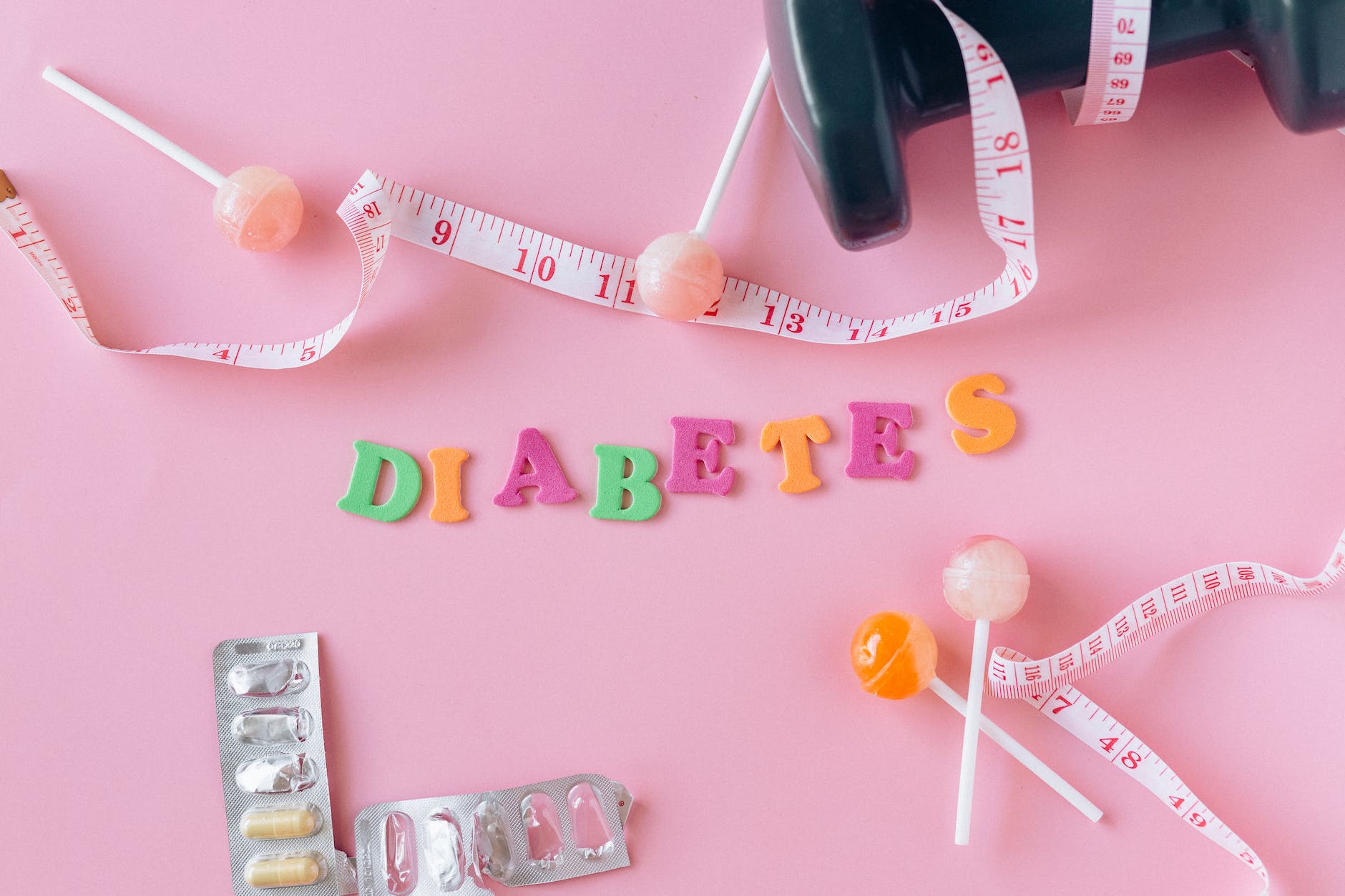Understanding Diabetes Type 1 and Type 2: Weight Loss Nutrition


Understanding Diabetes Type 1 and Type 2: Weight Loss Nutrition
Diabetes is a chronic condition that affects millions of people worldwide. It is characterized by high blood sugar levels and can lead to various complications if not properly managed. There are two main types of diabetes: Type 1 and Type 2. In this article, Understanding Diabetes Type 1 and Type 2: Weight Loss Nutrition, we will delve into the topic of diabetes, specifically focusing on weight loss nutrition for individuals with Type 1 and Type 2 diabetes.
Type 1 Diabetes: A Brief Overview
Type 1 diabetes, also known as insulin-dependent diabetes, is an autoimmune condition in which the body's immune system mistakenly attacks and destroys the insulin-producing cells in the pancreas. As a result, the body cannot produce insulin, a hormone that helps regulate blood sugar levels.
People with Type 1 diabetes require daily insulin injections or the use of an insulin pump to manage their blood sugar levels. Since insulin is necessary for glucose to enter cells and provide energy, individuals with Type 1 diabetes often experience weight loss despite an increased appetite. This is because the body is unable to utilize the glucose efficiently.
Weight Loss Nutrition for Type 1 Diabetes
Maintaining a healthy weight is essential for individuals with Type 1 diabetes to manage their condition effectively. Here are some key considerations for weight loss nutrition in Type 1 diabetes:
- Carbohydrate Counting: Carbohydrates have the most significant impact on blood sugar levels. It is crucial for individuals with Type 1 diabetes to monitor and control their carbohydrate intake. Working with a registered dietitian can help develop a personalized meal plan that considers carbohydrate counting and insulin management.
- Balanced Meal Plan: Following a balanced meal plan that includes a variety of nutrient-dense foods is essential for weight management in Type 1 diabetes. This should include a combination of whole grains, lean proteins, healthy fats, and plenty of fruits and vegetables.
- Regular Monitoring: Regular blood sugar monitoring is necessary to assess the impact of different foods on blood sugar levels. This helps individuals with Type 1 diabetes make informed choices about their nutrition and adjust their insulin doses accordingly.
- Physical Activity: Engaging in regular physical activity is beneficial for weight loss and overall health in individuals with Type 1 diabetes. It helps improve insulin sensitivity, promotes weight management, and reduces the risk of cardiovascular complications.
Type 2 Diabetes: A Brief Overview
Type 2 diabetes is a metabolic disorder characterized by insulin resistance, meaning the body does not effectively use insulin to regulate blood sugar levels. This type of diabetes is more prevalent and is often associated with lifestyle factors such as poor diet, sedentary lifestyle, and obesity.
People with Type 2 diabetes may be able to manage their condition through lifestyle modifications, including weight loss, a healthy diet, and increased physical activity. However, some individuals may require oral medications or insulin therapy to achieve optimal blood sugar control.
Weight Loss Nutrition for Type 2 Diabetes
For individuals with Type 2 diabetes, adopting a healthy eating plan that promotes weight loss and blood sugar control is crucial. Here are some key principles for weight loss nutrition in Type 2 diabetes:
- Portion Control: Controlling portion sizes helps manage calorie intake, which is important for weight loss. Using smaller plates, measuring portions, and being mindful of calorie-dense foods can support weight management goals.
- Focus on Nutrient-Dense Foods: Emphasize whole, unprocessed foods such as fruits, vegetables, lean proteins, whole grains, and healthy fats.These foods provide essential nutrients while being lower in calories, promoting weight loss and overall health.
- Limit Added Sugars and Refined Carbohydrates: Foods high in added sugars and refined carbohydrates can cause blood sugar spikes and hinder weight loss efforts. Minimize the consumption of sugary beverages, desserts, and processed snacks.
- Fiber-Rich Foods: Including fiber-rich foods in the diet can help control blood sugar levels and promote satiety. Opt for whole grains, legumes, nuts, seeds, and plenty of fruits and vegetables.
- Regular Meal Timing: Establishing regular meal timing can help regulate blood sugar levels and support weight loss. Aim for consistent meal intervals and avoid skipping meals.
- Hydration: Staying hydrated is essential for overall health and weight management. Choose water as the primary beverage and limit sugary drinks.
- Physical Activity: Engaging in regular physical activity is key for weight loss and blood sugar control in Type 2 diabetes. Aim for a combination of cardiovascular exercises, strength training, and flexibility exercises as recommended by your healthcare provider.
By following these guidelines and working closely with healthcare professionals, individuals with Type 1 and Type 2 diabetes can optimize their weight loss efforts and effectively manage their condition. https://diabetescure4u.com/

